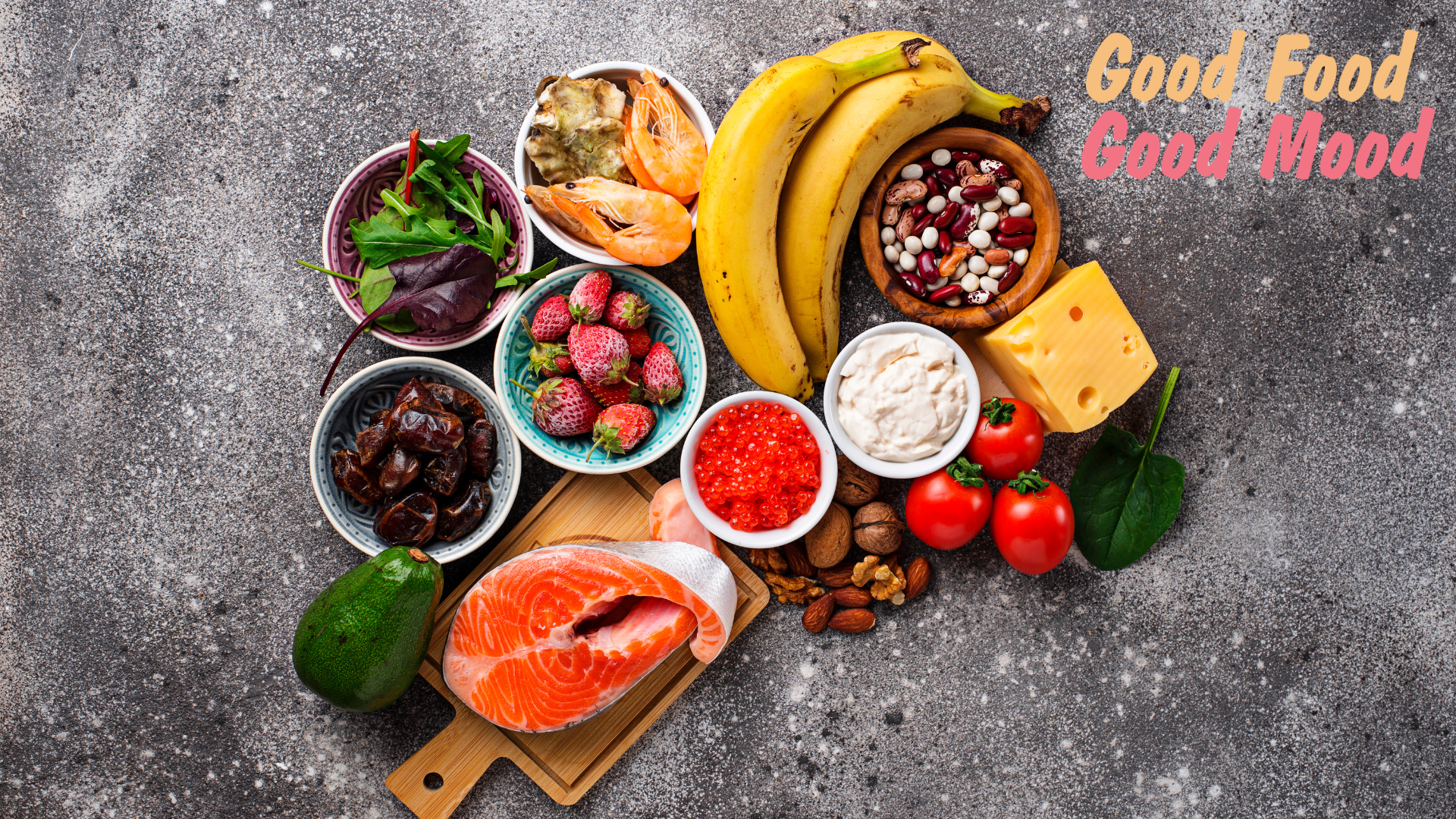
The connection between diet and mood is increasingly recognized by researchers and health professionals. Here's an overview of how various dietary factors influence mood:
Table of Contents
1. Nutrient Deficiencies and Mood Disorders
- Omega-3 Fatty Acids: Found in fish, flaxseeds, and walnuts, omega-3 fatty acids are crucial for brain function. Low levels are associated with mood disorders such as depression and anxiety.
- B Vitamins: B vitamins, particularly B6, B12, and folate, are essential for brain health. Deficiencies can lead to symptoms like fatigue, irritability, and depression.
- Iron: Iron deficiency, common in people with diets low in red meat or other iron-rich foods, can lead to anemia, which is often accompanied by fatigue and mood swings.
2. Gut-Brain Axis
- Probiotics and Prebiotics: The gut microbiome plays a significant role in mental health. Probiotics (found in yogurt, kefir, sauerkraut) and prebiotics (fiber-rich foods like bananas, onions, garlic) support a healthy gut, which in turn positively affects mood.
- Serotonin Production: About 90% of serotonin, a neurotransmitter that regulates mood, is produced in the gut. A healthy diet supports serotonin production, leading to improved mood stability.
3. Blood Sugar Levels
- Glycemic Index: Foods with a high glycemic index, such as refined carbs and sugary snacks, cause rapid spikes and drops in blood sugar levels. These fluctuations can lead to irritability, anxiety, and mood swings.
- Complex Carbohydrates: Whole grains, fruits, and vegetables provide a steady release of glucose, which helps maintain stable energy levels and a balanced mood.
4. Inflammation and Mental Health
- Anti-inflammatory Foods: Chronic inflammation has been linked to depression. A diet rich in anti-inflammatory foods, like leafy greens, nuts, and olive oil, can reduce inflammation and improve mood.
- Processed Foods: Diets high in processed foods, trans fats, and refined sugars promote inflammation, which may contribute to mood disorders.
5. Caffeine and Alcohol
- Caffeine: While moderate caffeine intake can boost mood and alertness, excessive consumption may lead to anxiety, restlessness, and disrupted sleep, which can negatively affect mood.
- Alcohol: Alcohol is a depressant and can lead to mood swings, depression, and anxiety, especially when consumed in large amounts.
6. Balanced Diet and Overall Mental Well-being
- Mediterranean Diet: Rich in fruits, vegetables, whole grains, and healthy fats, the Mediterranean diet has been associated with a lower risk of depression and improved mental health.
- Hydration: Adequate water intake is essential for maintaining cognitive function and mood. Dehydration can lead to fatigue, confusion, and irritability.
A well-balanced diet rich in nutrients, low in processed foods, and supportive of gut health is essential for maintaining a positive mood and overall mental well-being. Addressing dietary deficiencies, managing blood sugar levels, and reducing inflammation through diet can significantly impact one’s mental health.



Leave a Reply
You must be logged in to post a comment.